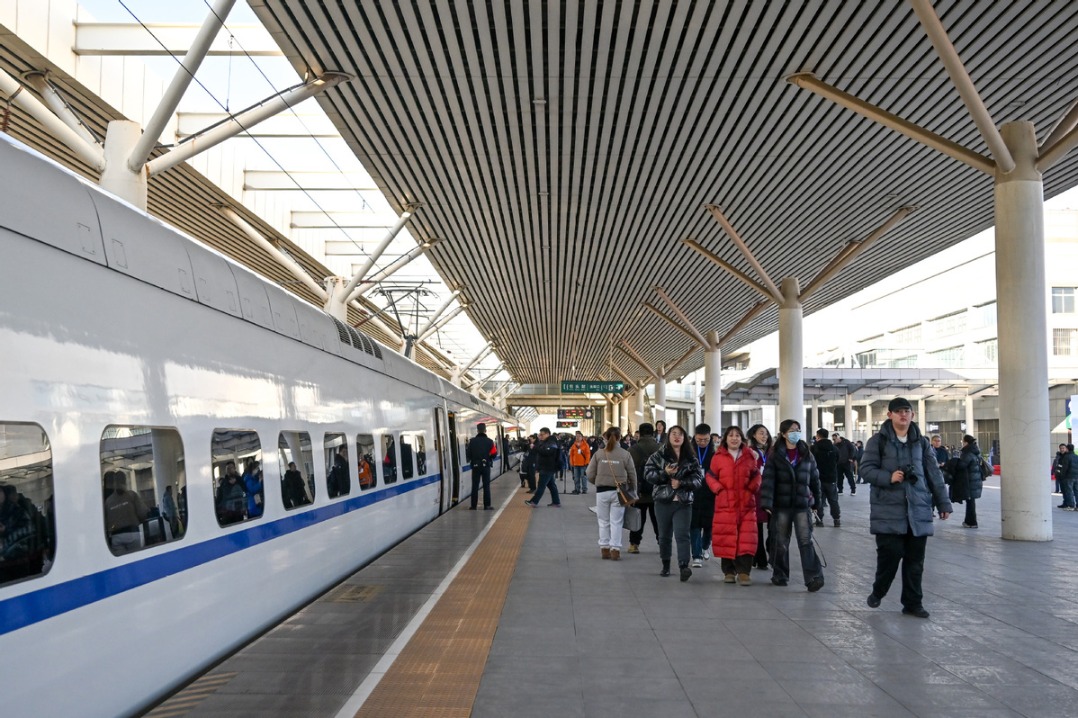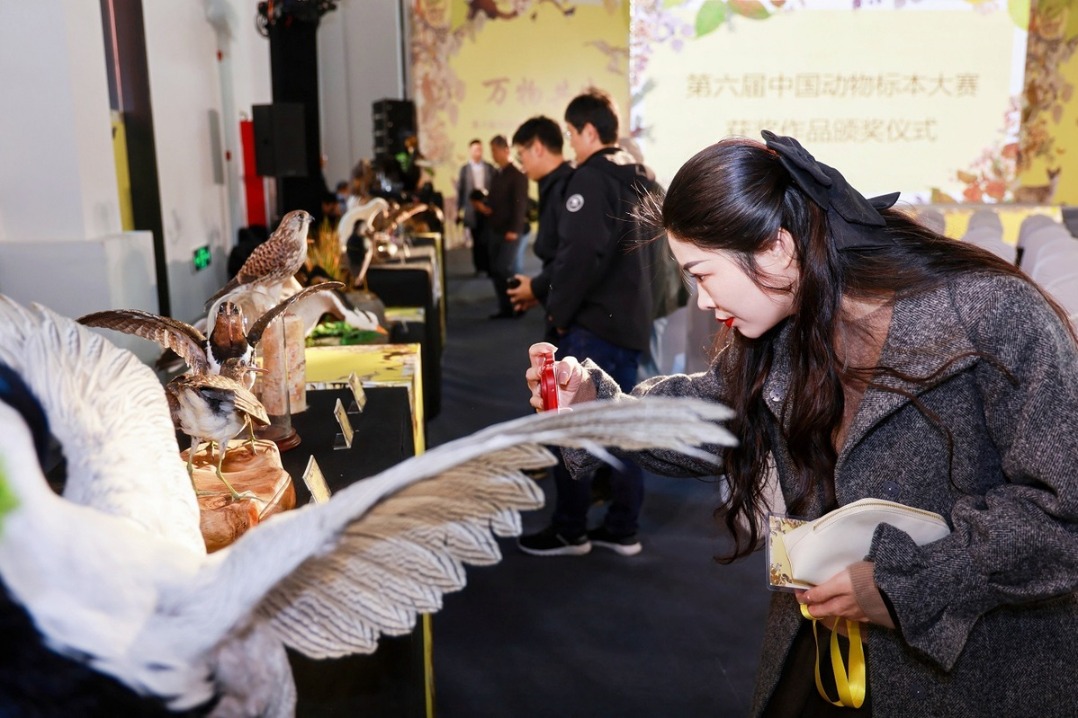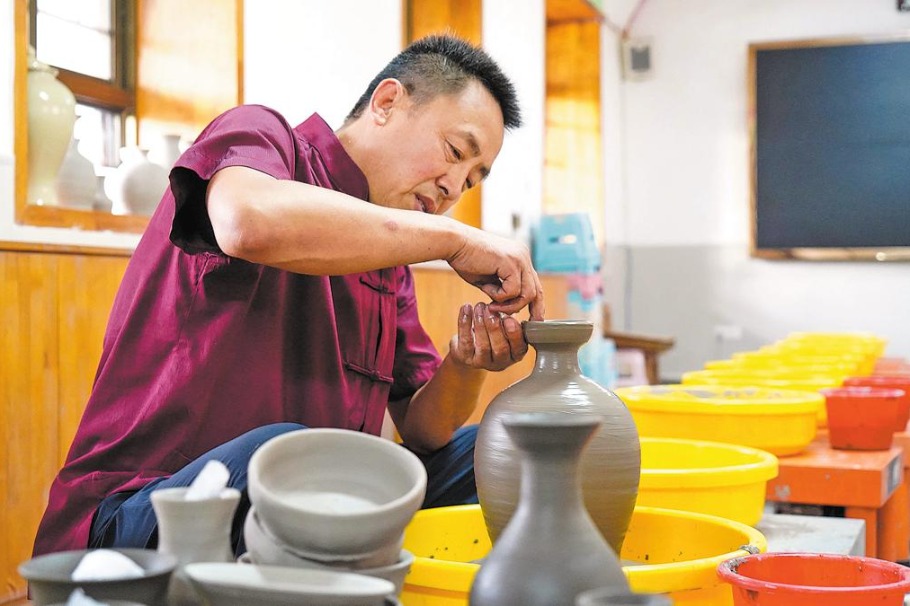Those 'glory days' — and ongoing dirty political games

A look back to 1967
Fifteen of the victims were killed in bomb attacks during the 1967 uprising. Thousands were arrested, many of them under 18, recalled Elms, who participated in the arrests. Over 30 years later, many in Hong Kong are still not familiar with what exactly transpired in 1967.
He recalls, workers were mistreated at factories, and many lived, in effect, in an apartheid state. Hong Kong police force at that time had many local Chinese, among other ethnic groups, subjugate their own compatriots.
"I did what I thought was right, it was just between you and I, and that was that," he said.
Elms is the current chairman of the 1967 Witness Assembly, an organization which tries to bring to light the stories of those involved in the 1967 crisis. The uprising began over a series of labor disputes, which soon exploded into widespread revolt in opposition to British colonial rule.
"Some people feel the black mark from Hong Kong's past should remain in the past. People don't want to rake the ashes, because everything has been so good for so many years," he said. Others have a direct interest in leaving the past behind.
Today, teachers are not obliged to discuss the 1967 riots. All sides involved, back in 1967, prefer to not talk about it. Elms says that for years, he's been mentoring the youth and next generation who join the police force, and when he brought up 1967, most of them "drew a blank".
In the past years, Hong Kong has routinely ranked at the top of every major human freedom index. The World Economic Forum Global Competitiveness Report for Police Reliability had Hong Kong ranked sixth, behind the Scandinavian countries, in 2018.
But over the past summer, the Hong Kong Police Force has been subjected to vilification, beginning with opposition elements of Hong Kong society all the way to Western media. The city saw its once unsullied, shining police tarnished, fuelled by viral clips of police response to hard-line rioters. The retired superintendent thinks the criticism has been unfair.
"Which police force dealing with which riot has acted with as much restraint as my young colleagues now have?" he calmly explains. "… Or, overtime, did not overreact? It's human nature. You got to be in there and be a part of it. I know, because I was in there I was once part of it. 'Love' and 'hate' are both four letter words, and they're interchangeable. One moment you sympathize with people, the next moment you hate their guts."
According to Elms, even back in 1967, many policemen sympathized with the workers, initially, because they were workers too. Like the factory workers, they often got the raw end of the deal from their masters.
Elms believes things have gotten dirty this time round, only it may have crossed the frontier, entering a deplorable state. He noted striking differences between the events of 1967 and the bitter battles of today, with even the families of police officers becoming targets. Elms cites several reasons why he believes things have changed.
"Back then, I had a feeling that I was a warrior and the other guy was a warrior and we were doing our duty, and there was no dealing with the family or anything. It was all on the field of conflict. There was a certain … unwritten chivalry. The chivalry is not always there now. There's too much underhanded stuff, hysteria fuelled by echo chambers online and other dirty political games."
According to Elms, the rioters targeting the police family residences back in August crossed a huge line. Something he had not seen happen even back in 1967.
Elms wonders whether more widespread awareness of what transpired would affect today's frequent calls, by people in the opposition camp recalling Hong Kong's "glory days" under the rule of the then-British authorities. The flags used during that period are a staple of the anti-government protest today and one was infamously hoisted inside the Legislative Council chamber by rioters, back in July.
There's no debate that subsequent to 1967, society was profoundly unequal, with minimal freedoms, or representation of any kind if you were Chinese, Elms observed.
This time round, the "five demands" chanted by protesters who often resort to violence look unlikely to bring about political changes.
"The demands are more emphatic and vaguer, in certain areas," he said. "You talk about 'democracy', I don't know why they would talk about democracy. There's certainly much more democracy now than there was under British rule. I don't know if they really know what they want, as a collective."
- Govt departments work with NPC deputies to promote whole-process people's democracy
- New legal aid volunteer program boosts grassroots services
- Taking university cultural creativity beyond campus
- 5 dead in coal mine flood, investigations ongoing
- Xi urges central SOEs to contribute more to Chinese modernization
- Beautiful dawn redwood forests protect environment in Kunming





































